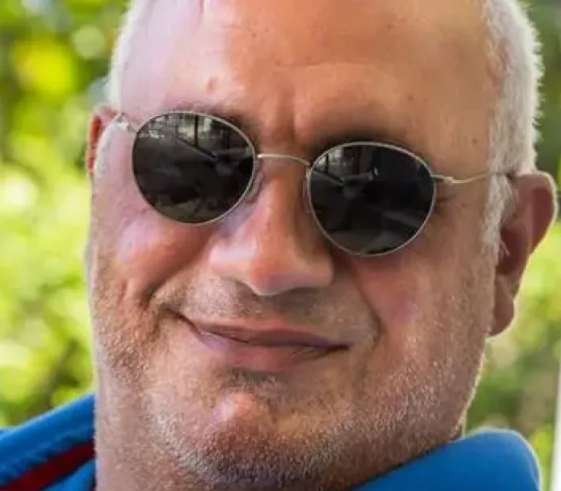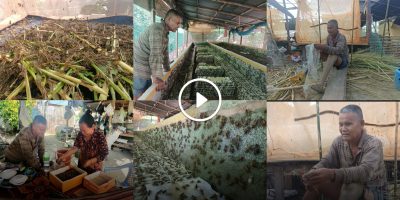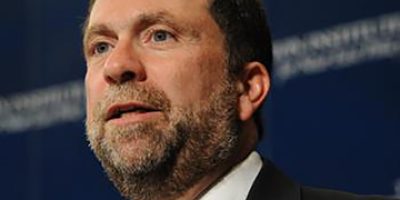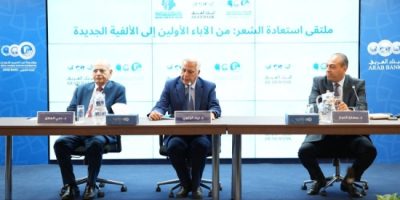– Advertisement –
Philippe Martinez, a French film producer, filed a Racketeer Influenced and Corrupt Organizations (RICO) lawsuit in a U.S. federal court in 2024.
The suit alleges widespread corruption within the Citizenship by Investment (CBI) programs of Saint Kitts and Nevis and Saint Lucia.
The lawsuit targets prominent individuals, including government officials, real estate developers, and CBI program administrators (who are named in the lawsuit). Martinez claims he suffered financial and reputational damages due to alleged fraud and corruption in the CBI system, demanding compensation.
Specifically Martinez alleges that he was given the right to sell and gain commissions from 500 St. Kitts and Nevis citizenship shares, but he was unable to do so, because allegedly the value of the shares had been devalued by discounting.
Key Allegations in the Lawsuit
The lawsuit centers on two main allegations:
- Illegal Discounting of Citizenship Shares: Martinez alleges that Caribbean Galaxy, a real estate developer involved in the CBI program, sold citizenship shares at prices below the legally mandated threshold (USS200,000). He claims this underpricing undermined the legitimacy of the CBI system, devaluing investments made by others, including himself.
- Kickbacks and Fraudulent Practices: Martinez accuses key officials (who are named in the lawsuit) of accepting kickbacks in exchange for approving applicants who did not meet due diligence standards. He further alleges that some of these individuals facilitated fraudulent activities, including money laundering.
Analysis:
If proven, these practices would demonstrate a breach of the fiduciary duties owed by public officials and program administrators to investors. Such breaches could form the basis for compensatory claims if Martinez can establish that he was directly harmed by these activities.
The full text of the lawsuit filed in a Florida court in pdf format may be seen here.
Martinez asserts that the corruption within the CBI program caused direct harm to his investments and business reputation:
- Financial Losses: Martinez claims that he made significant investments in St. Kitts and Nevis, including through his company MSR Media. He argues that the alleged fraudulent activities devalued these investments by diminishing trust in the CBI program.
- Reputational Damage: As a film producer and businessman, Martinez asserts that being associated with a tainted program has harmed his credibility with partners, financiers, and stakeholders in the international market.
Analysis:
For Martinez to recover damages, he must demonstrate a causal link between the alleged corruption and his financial and reputational losses.
Martinez filed the lawsuit under the U.S. Racketeer Influenced and Corrupt Organizations (RICO) Act, which allows individuals to sue for damages if they can prove involvement in a criminal enterprise. The key elements Martinez must prove under RICO include:
- Existence of an Enterprise: Martinez must demonstrate that the defendants operated as part of an organized group engaged in illegal activities.
- Pattern of Racketeering Activity: He must provide evidence of repeated illegal acts, such as fraud, bribery, or money laundering, linked to the CBI program.
- Direct Injury: Martinez must show that he was directly harmed by the defendants’ actions.
Analysis:
While the RICO framework is a powerful tool, it imposes a high burden of proof. There must be some questions about whether officials of a sovereign government acting in their official capacity can be designated as an Organized Crime Group.
Martinez’s demand for compensation stems from the following arguments:
- Investment Devaluation: He claims that fraudulent practices within the CBI program reduced the value of legitimate investments, including his own.
- Loss of Business Opportunities: Martinez alleges that his company, MSR Media, faced difficulties in securing partnerships and funding due to the tarnished reputation of the CBI program.
- Moral Damages: Beyond financial losses, Martinez seeks compensation for the reputational harm he suffered, which he argues has lasting consequences on his career and business operations.
Analysis:
Compensation in civil lawsuits typically includes both economic and non-economic damages. Martinez’s ability to quantify his losses and link them directly to the defendants’ actions will be critical in determining the potential payout.
The defendants, including Caribbean Galaxy and government officials, have denied Martinez’s allegations, presenting several counterarguments:
- Lack of Evidence: The defendants argue that Martinez has not provided sufficient evidence to substantiate his claims of fraud and corruption.
- Motivations Questioned: Some officials have accused Martinez of attempting to extort funds from the government by leveraging baseless accusations.
- Legitimacy of the Program: The defendants maintain that the CBI programs were administered in compliance with legal standards and that any isolated incidents of misconduct do not reflect systemic corruption.
Analysis:
These counterarguments highlight the importance of evidence in this case. Without clear, compelling documentation and testimony, Martinez may struggle to overcome these defenses.
Why is this case important for St. Kitts & Nevis and some other Caribbean nations?
This lawsuit has significant implications for the CBI programs in the Caribbean, because this case may prompt greater scrutiny and calls for transparency in the administration of CBI initiatives.
The fact is that the United States, the UK, and the European Community understand that the people who pay for Citizenship By Investment in Caribbean nations are not bona fide nationals, and often not even residents of the countries whose passport they carry.
The practice is however tolerated, because it is assumed that these individuals have been subject to a high level of criminal and financial screening by the governments issuing the passports.
To some extent the major nations have already interfered, for example by ordering the passport issuing countries to stop issuing passports to citizens of Russia and of Belarus.
The European Union (EU) has expressed significant concerns regarding the Citizenship by Investment (CBI) programs of several Caribbean nations, including St. Kitts and Nevis due to security reasons. They want assurance that persons traveling on Caribbean nation documents are not terrorists or engaged in money laundering or financial fraud.
The EU has raised security concerns about the trade in “golden passports,” noting that five small Caribbean states have sold citizenship to 88,000 individuals from countries including Iran, Russia, and China.
As of November 2024, while the EU has not officially revoked visa-free travel for St. Kitts and Nevis passport holders, the ongoing investigations and expressed concerns suggest that such measures could still be under consideration.
As recently as last Wednesday, the Prime Minister of St Kitts and Nevis Dr Terrance Drew said Martinez had asked for 40 million to 100 million in order to withdraw the RICO lawsuit.
During a discussion with media representatives and reporters in Basseterre, PM Drew questioned why Philippe Martinez was allowed into the Citizenship by Investment Programme by the previous government despite himself having a criminal background and a conviction for fraud in France.
Martinez has made a number of movies in St. Kitts and Nevis, most of them “romantic comedies” several of which have been panned by reviewers for being little more than tourism infomercials. Usually the plot involves a jilted woman who travels to St. Kitts or Nevis to drown her sorrows and meets the love of her life on the islands.
Sources: OpenAI, Discuss Holdings, Investment Migration, Uglobal, MercoPress, Whistleblower, imidaily.com, dailyresearcheditor.com.
– Advertisement –


















